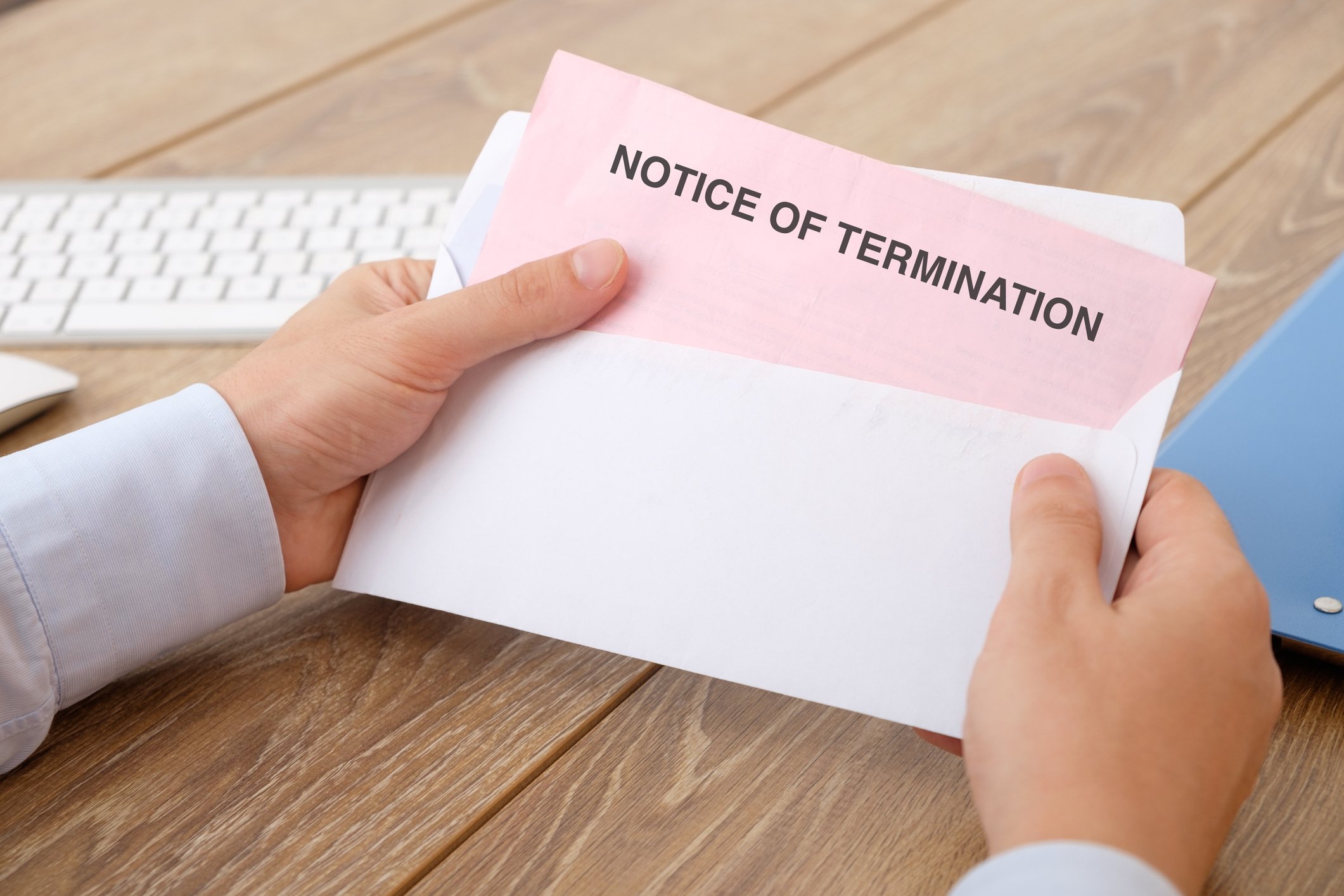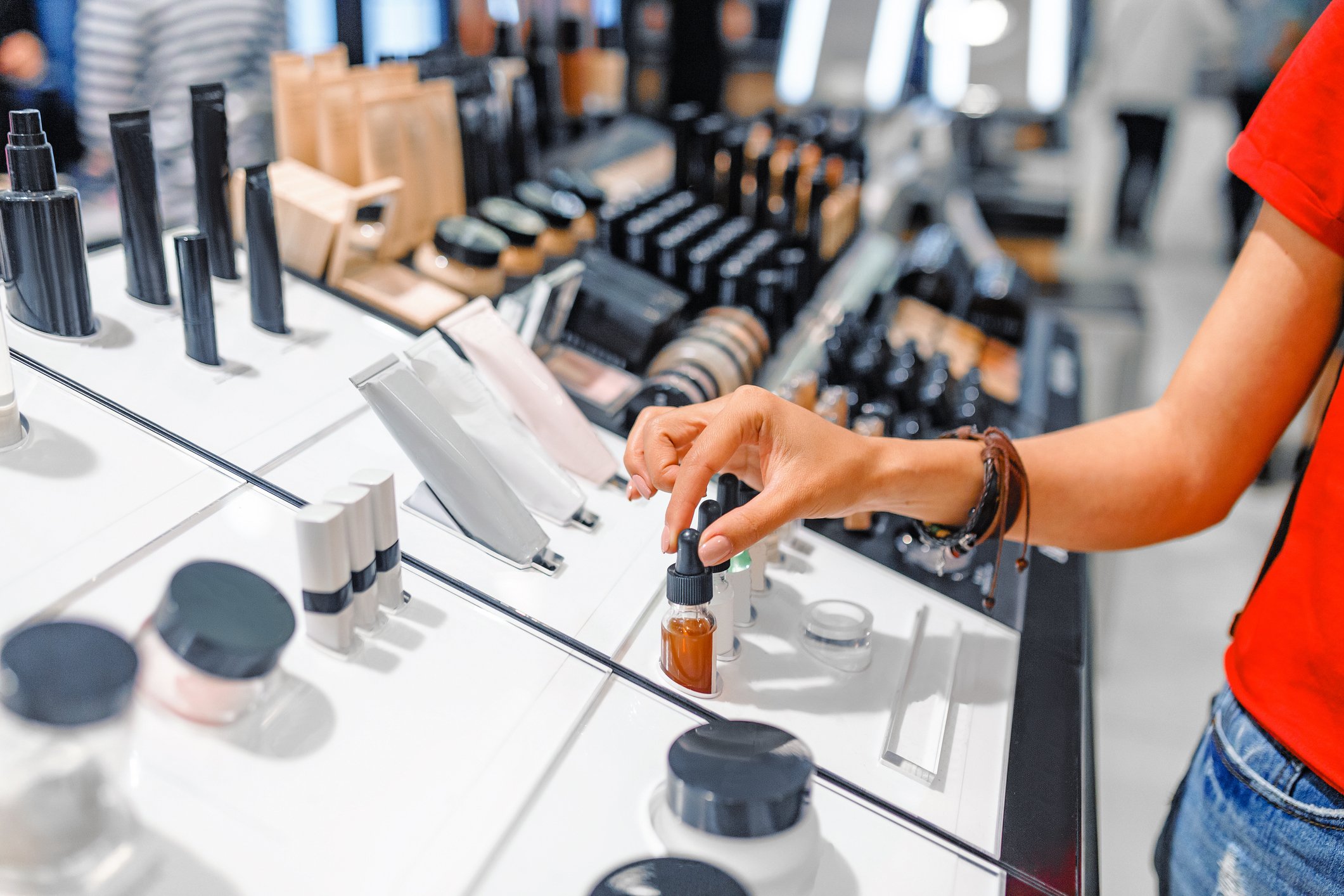What happened
Units of master limited partnership Brookfield Property Partners (BPY +0.00%) dropped about 12% in February according to data from S&P Global Market Intelligence. That fall tracked roughly along with the S&P 500 Index's decline, which ended up being around 8%. Wall Street's concerns about COVID-19 were clearly the driving force of the drop. But it pays to look under the covers a bit more here, because the concern is much deeper than it may at first appear.

Image source: Getty Images.
So what
Brookfield Property Partners owns real estate, much like a real estate investment trust (REIT). It's an LP because of its relationship to parent Brookfield Asset Management, which runs a number of LPs that are each focused on different niches. That's not the big issue, but it's something for investors to understand because Brookfield, as a whole, is something of a contrarian investor.
That's why Brookfield Property Partners decided to buy mall owner General Growth Properties a few years ago. For several years malls have been struggling with the shift toward online shopping, which has, in dramatic fashion, been dubbed the "retail apocalypse." Although that's likely to be a bit of hyperbole, it is a very real issue that mall owners have to deal with. Although consumer shopping habits are still evolving, it is pretty clear that malls need to be well located and well maintained if they are to survive. That means spending money to keep assets top notch. Brookfield Property Partners has been working through this headwind since the General Growth Properties acquisition.
The coronavirus, meanwhile, could make that process even harder. Because the virus spreads through contact with other humans, people could, en masse, decide to avoid malls. That, in turn, would speed up the consumer shifts currently taking shape. However, even the best malls would be exposed to some pain along the way. Worse, if COVID-19, the disease caused by the recent coronavirus outbreak, leads to permanent habit changes, it could make it even harder for malls to survive over the long term. Put simply, the challenges facing Brookfield's reliance on malls have gotten notably worse.
Now what
It is really too soon to tell if COVID-19 will lead to major changes to consumer buying habits. However, in the near term, shoppers are likely to avoid malls because they are places where large groups of people congregate. That's not a great outlook and it could get even worse if the virus pushes the United States into a recession. Even more than before, Brookfield Property Partners is an investment best owned by a contrarian investor. Indeed, there could be a lot more volatility to come and COVID-19 is just one part of a much bigger picture.






